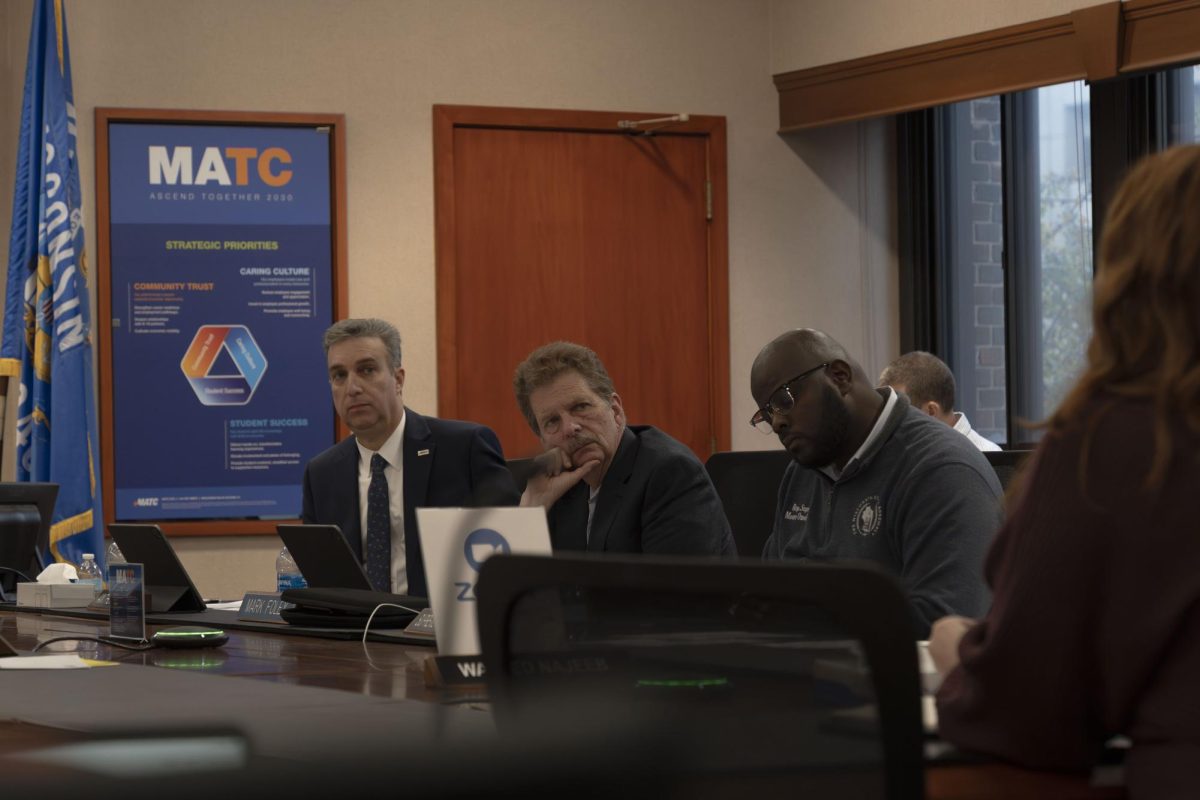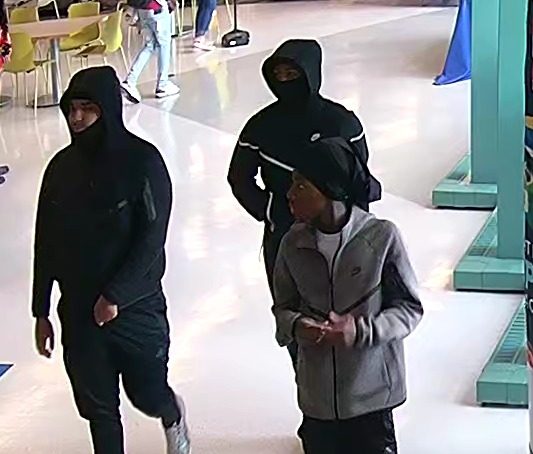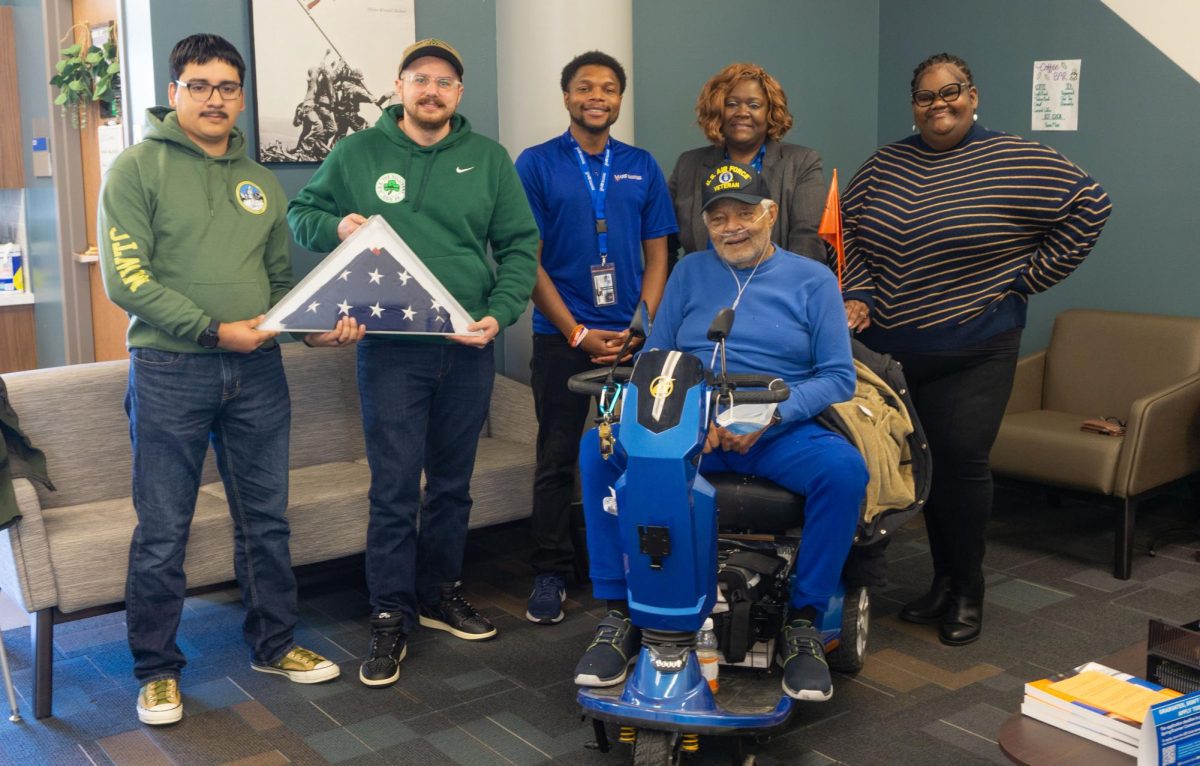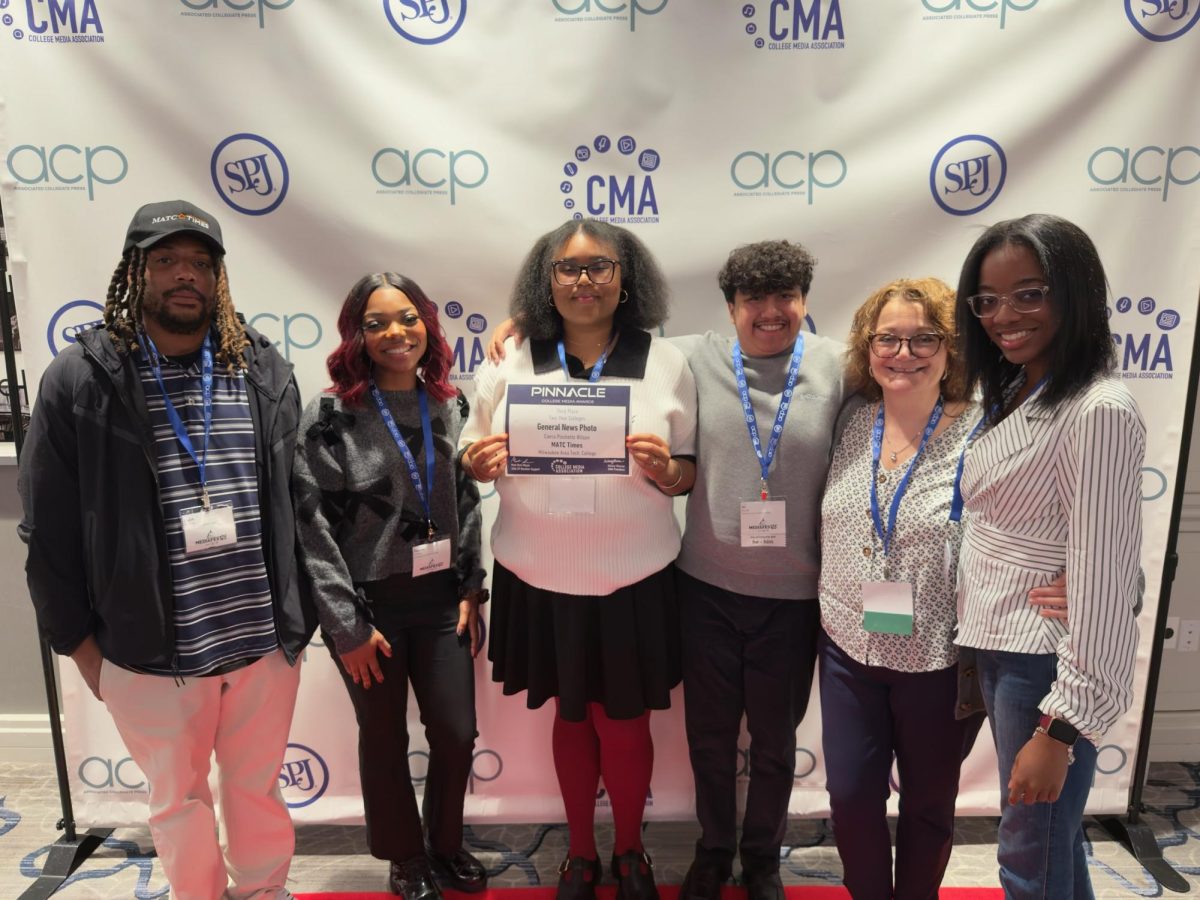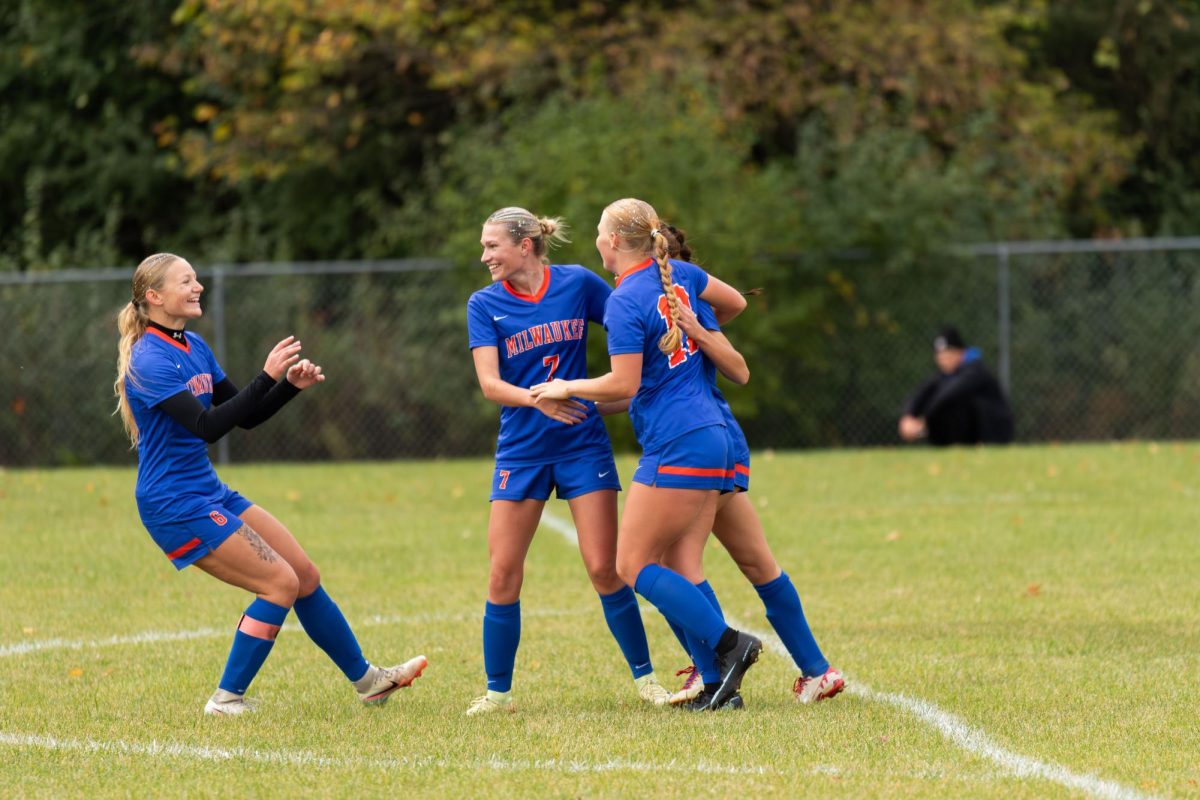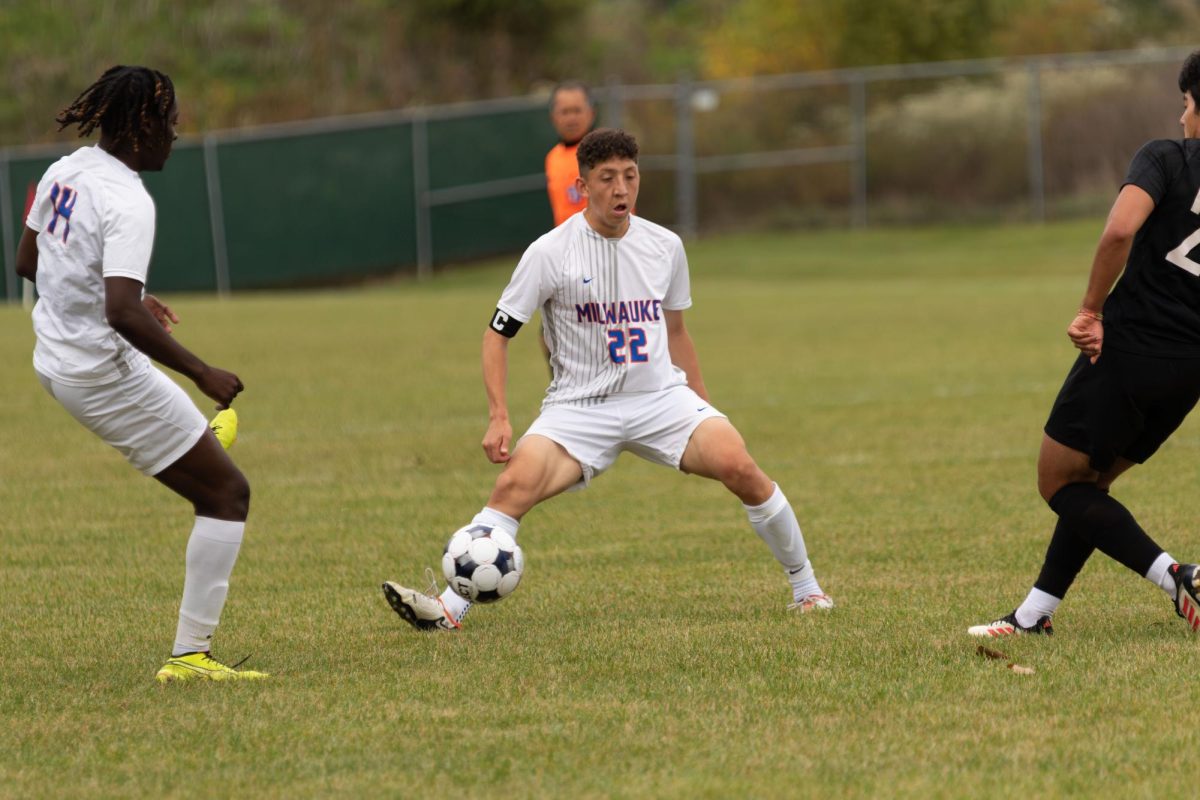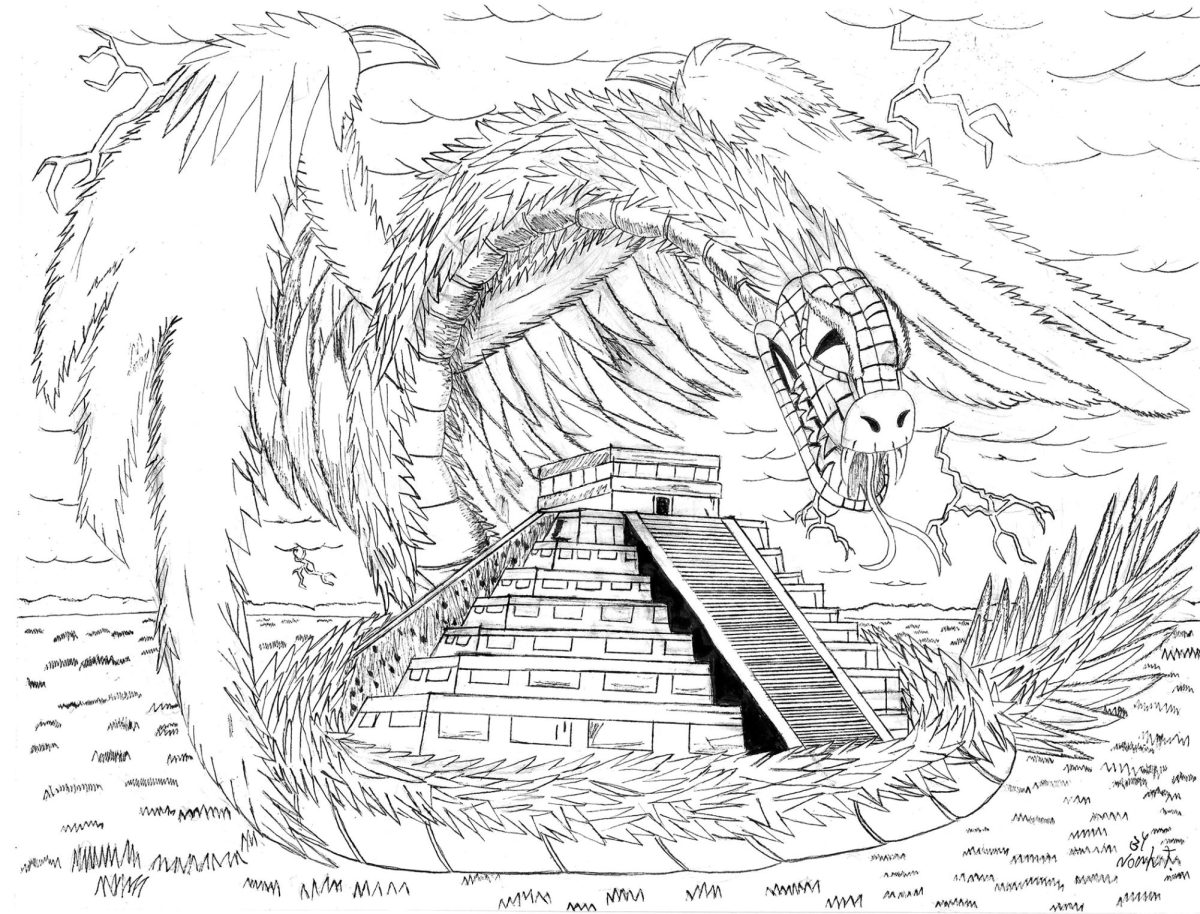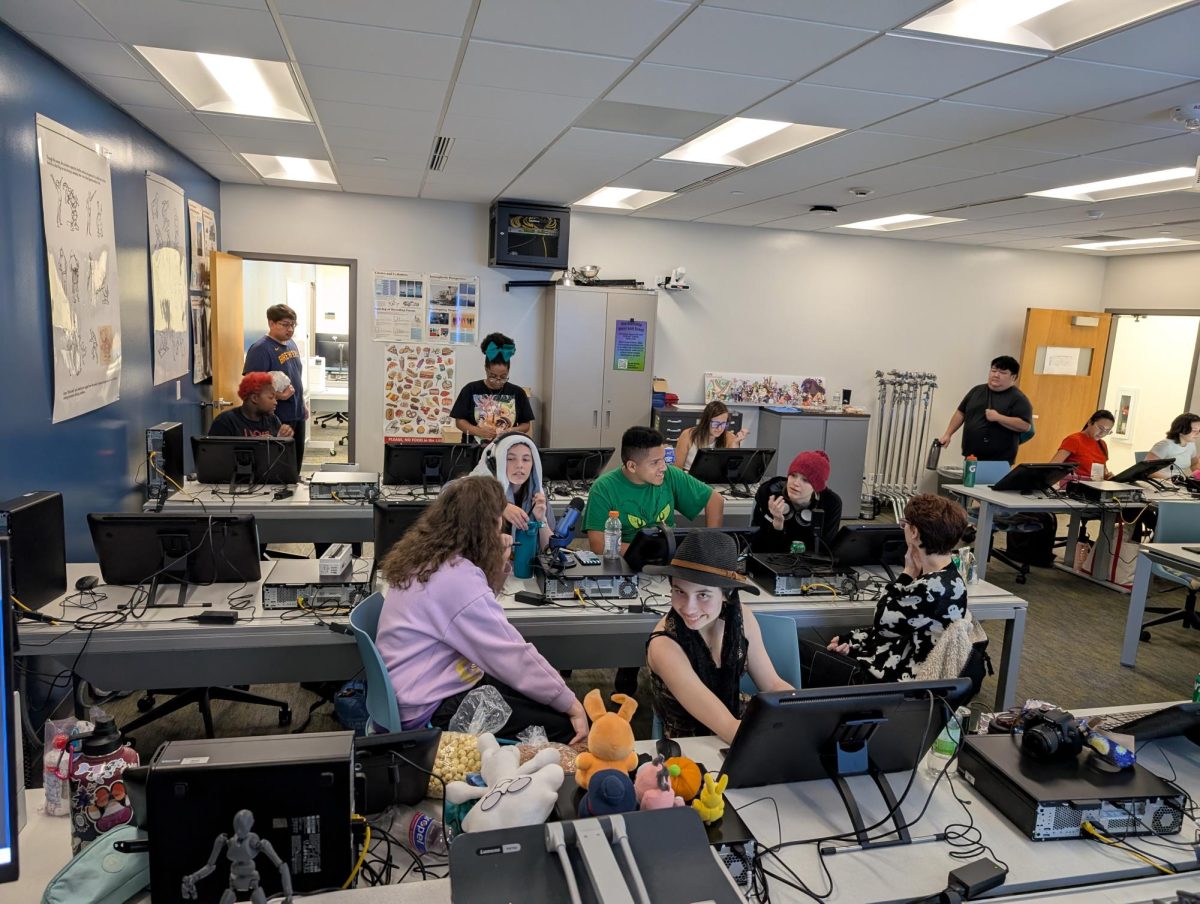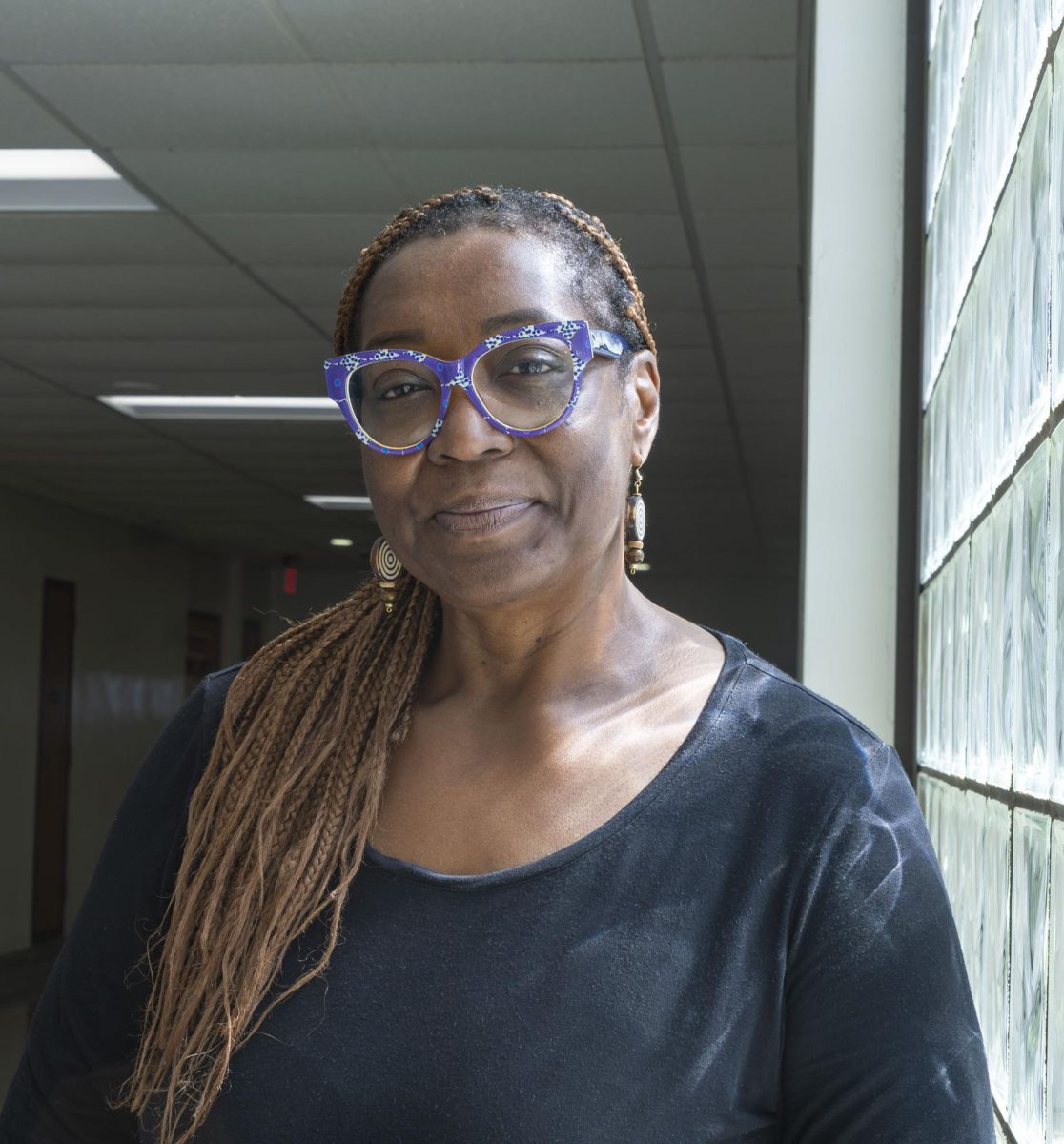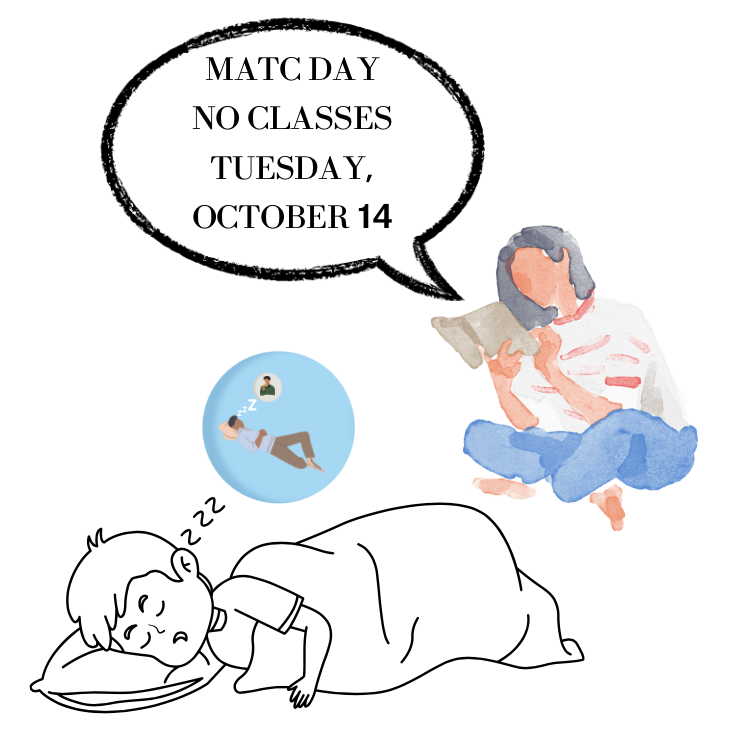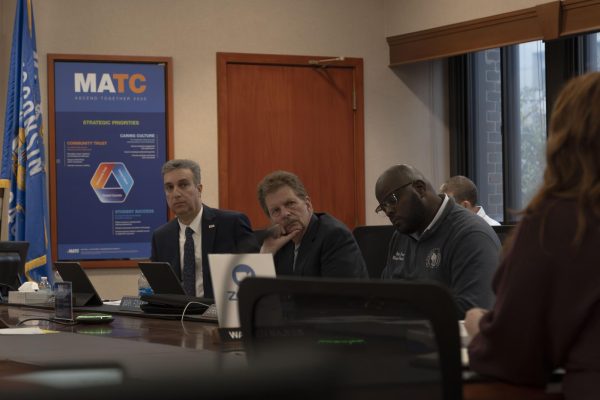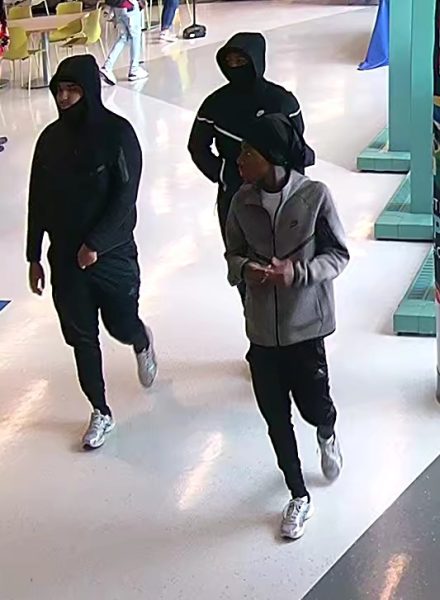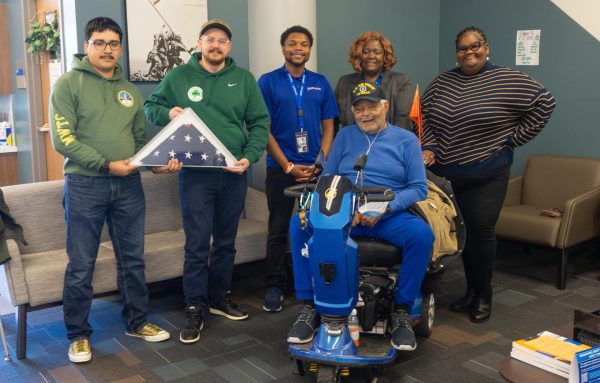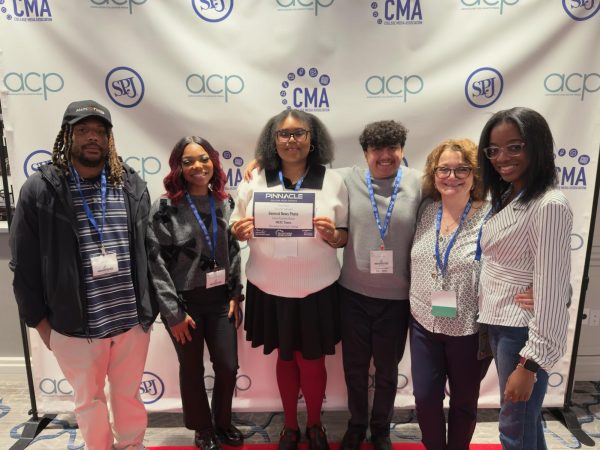Just One mentoring program down but not out
Eleven years ago the Just One mentoring program was created to provide a vehicle that would strengthen students who had been put on financial/academic suspension or warning. The program serves from 50 to 125 students per class, when there is a class.
Ten years ago, about 1,000 students were in that status, now there are more than 2,600 with suspended status and another 3,000 students on academic warnings. The program lasts eight weeks and provides 80 hours of math and 80 hours of English strengthening. Students write eight essays and one research paper, complete time management exercises, demonstrate appropriate social and study skills, and improve at least one grade level in one academic area.
Although the Accuplacer test, a requirement for participation, determines their ability to perform the tasks satisfactorily needed to enter their chosen career paths, the test does not measure their competency level; as a result many students are falling through the cracks. This program has been the saving grace for hundreds of at-risk students.
“Just One prepares students for college, because a lot of times students let their ‘outside noise’ stop them from getting what they want,” shared Gary Ingram, a November 2011 graduate. Since completing Just One mentoring, Gary has gone on to earn 4.0 GPA’s and has become a paid instructor’s assistant.
Sharon Lawson, Just One program alumni, says she has had problems with her instructors not really caring if she passes their class, but the mentors provided her the support she needed to persevere and be triumphant. She is a retiree who returned to school to get retrained in a new career.
The problem is that there is no one in the Just One mentoring program now. There are no current sessions. The last one was this past spring. Thousands of students are waiting for the next class to begin. Rose Massey, program director, is retired and only works limited hours and is unavailable. There is currently no funding for the program.
Multicultural programs director, Marvin Echols says, “The program is being downgraded to just soft skills, and the academic portion will be eliminated.” This is a major concern, because at least 50 percent of the students who complete the Just One program go on to satisfactorily complete their course of study. “This is the only hope for a large portion of the students who are having difficulties here,” says Echols.
Dr. Trevor Kubatzke, vice president of student services, says the program is being revamped and upgraded.
Kubatzke is redesigning the program to be more soft skills and more mentoring. The next session should take place in spring of 2014. For students unprepared for college-level studies, the academic portion had been the main reason for their success.
MATC is the largest two-year college in the state and for those students, this can be their only option for a reasonably affordable, quality education. Kubatzke stated he has formed a committee, which includes Rose Massey and Gloria Pitchford-Nicholas, dean, School of Pre-College Education, along with Echols to work out problems with the program and bring it back stronger.
The college now has a mandatory orientation session that can be accessed online and a new advising and counseling center to help students. MATC has a mission to serve all of the students who have traditionally been left out and student services staff are always looking for ways to help the student body get to where they need to be.
The college is launching a new pathways initiative that will encompass all that Just One has offered and will provide a personal path that will take them to a successful career with a job attached to each point along the way. For example, completing a certificate program can get students into the job market and as they complete their diploma or degree, their employer may help pay for their educational costs as they continue on to complete a university degree. With these improvements Kubatzke’s goal is that in five years, MATC will be the premier student services provider in the nation.
Echols feels very strongly that the Just One mentoring program is being weakened at the student’s expense. “Will the academic program survive?” is the question he asks.
Derrick Crawford, program alumni from the last session, feels that “most importantly, the Just One staff and instructors have the heart to help students with personal struggles that are outside of educational challenges.”
Change, improvements and upgrades are always a challenge to the status quo, and growth can be painful.
If you are an alumni of the Just One program and have an opinion on what can make it better, or if you are a student in need of additional services to be successful in your educational program, let your voice be heard.
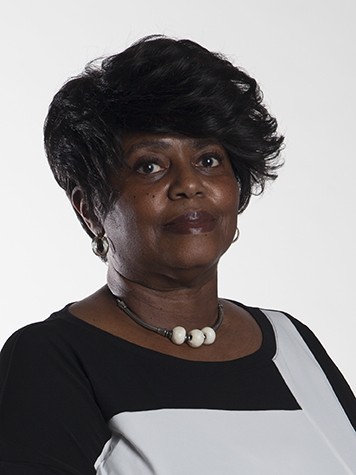
A naturally nosey person, JoAhne Penney has enjoyed finding out what is going on, and telling others all of her life. She has been out of school for decades,...

